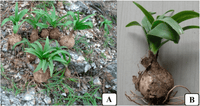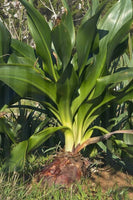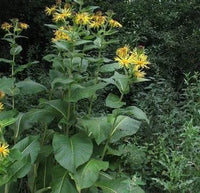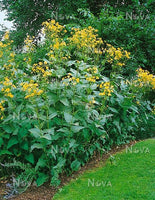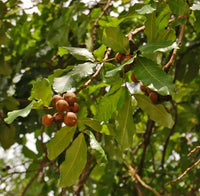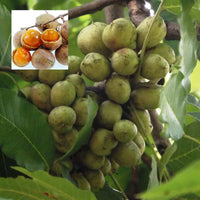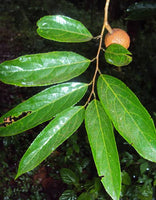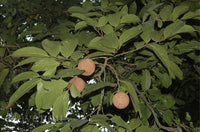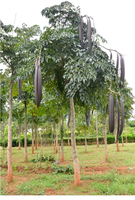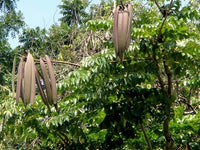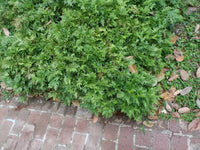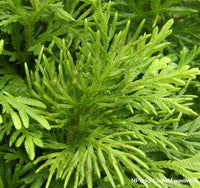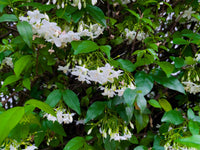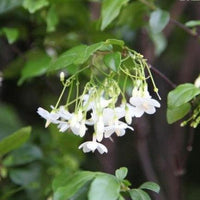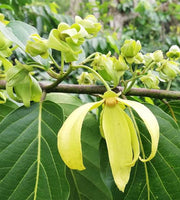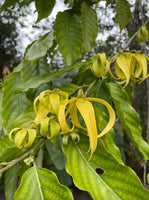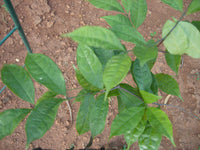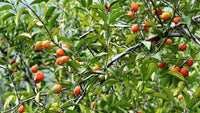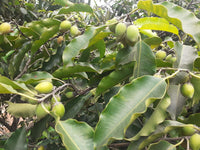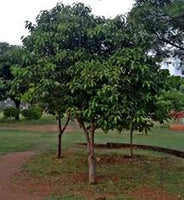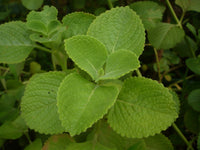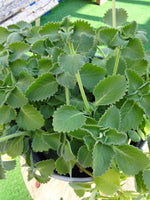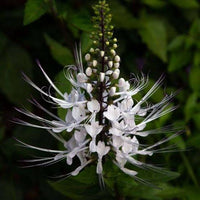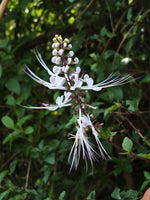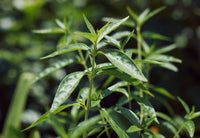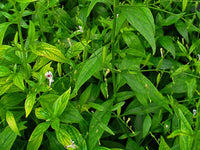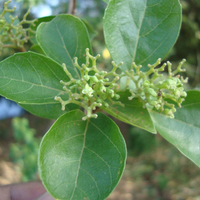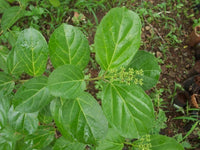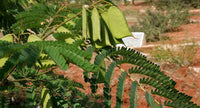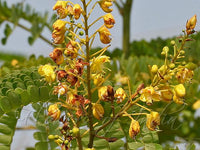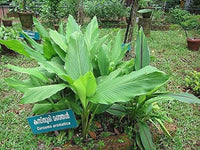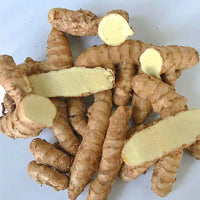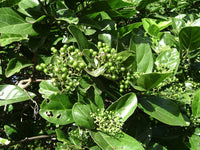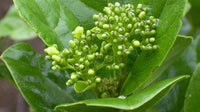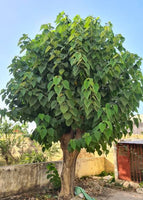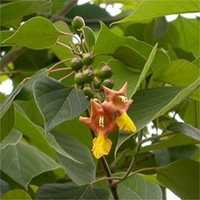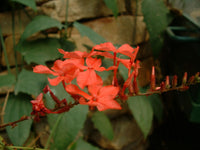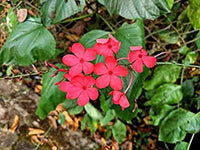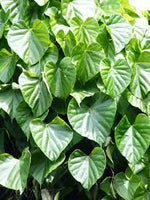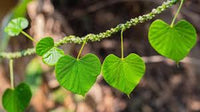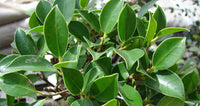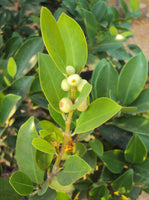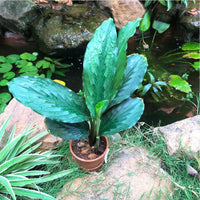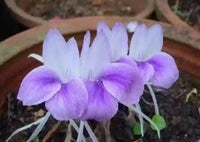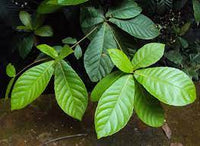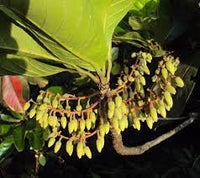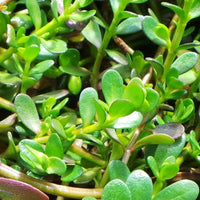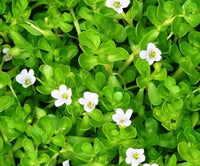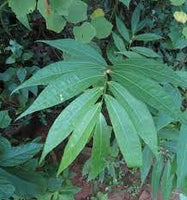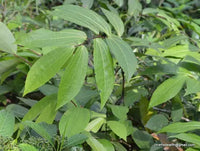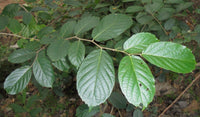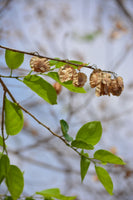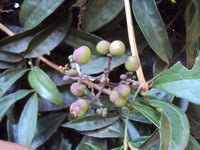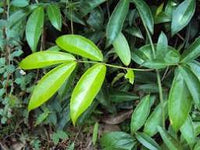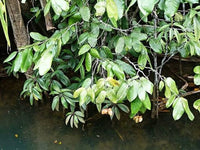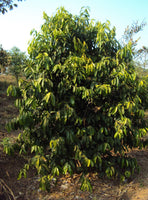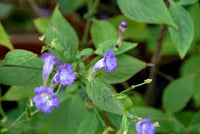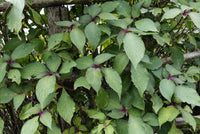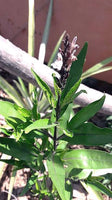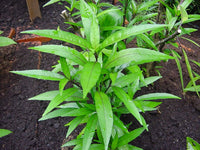The Neem Tree (Azadirachta indica) is renowned for its medicinal properties and versatility. It's commonly referred to as the "village pharmacy" in many parts of India due to its extensive use in traditional medicine. Here’s an overview of the neem tree, its medicinal uses, and care tips:
Neem Tree (Azadirachta indica)
Description:
-
Appearance:
- Height: Can grow up to 15-20 meters (49-66 feet) tall.
- Trunk: Typically has a straight trunk with a grayish-brown bark.
- Leaves: Pinnate leaves with numerous leaflets. The leaves are dark green, glossy, and aromatic.
- Flowers: Small, white to yellowish flowers that appear in clusters.
- Fruits: Oval, yellowish or brownish berries that contain seeds.
-
Habitat: Native to the Indian subcontinent but has been introduced to various tropical and subtropical regions worldwide. It thrives in well-drained soil and can tolerate drought conditions.
Medicinal Uses:
Neem is highly valued in traditional medicine systems, such as Ayurveda, for its broad range of health benefits. Some of its notable medicinal uses include:
- Antibacterial and Antifungal: Neem leaves and extracts are used to treat various skin infections, fungal infections, and wounds.
- Antiseptic: Neem oil is applied to cuts, scrapes, and other minor injuries for its antiseptic properties.
- Anti-inflammatory: Neem has anti-inflammatory properties that can help alleviate symptoms of arthritis and other inflammatory conditions.
- Digestive Health: Neem is used in traditional medicine to aid digestion, relieve constipation, and treat gastrointestinal issues.
- Dental Health: Neem bark and leaves are used in traditional toothpaste and mouthwashes for their antibacterial and anti-inflammatory benefits.
- Pest Control: Neem oil is used as a natural pesticide in agriculture, effective against various pests and insects.
Cultivation and Care:
- Soil: Prefers well-drained, sandy loam soil. Can tolerate poor soil conditions and drought.
- Sunlight: Requires full sunlight for optimal growth. It thrives in warm climates and can withstand high temperatures.
- Watering: Water regularly during the growing season but reduce watering in the winter. Neem is drought-tolerant but benefits from consistent moisture during dry spells.
- Fertilization: Neem trees generally require minimal fertilization. A balanced, slow-release fertilizer can be applied if growth is slow.
- Pruning: Prune the tree to maintain its shape and remove dead or diseased branches. This helps promote better air circulation and overall health.
Propagation:
- From Seeds: Neem trees are commonly grown from seeds. Soak seeds in water for 24 hours before planting. Plant them in well-drained soil at a depth of about 1-2 inches (2.5-5 cm). Germination can take 2-3 weeks.
- From Cuttings: Neem can also be propagated from hardwood cuttings. Take cuttings from healthy branches and plant them in a well-drained soil mix.
Harvesting:
- Leaves: Harvest leaves as needed for medicinal use. They are often dried and powdered for various preparations.
- Bark and Seeds: The bark and seeds can also be harvested for their medicinal properties. Seeds are used to extract neem oil.
Uses in Modern Products:
- Skincare: Neem extracts are used in a range of skincare products, including soaps, creams, and lotions.
- Health Supplements: Neem supplements are available in various forms, such as capsules, powders, and teas.
- Agriculture: Neem oil and neem-based products are used as natural pesticides and fertilizers.
Precautions:
- Pregnancy: Pregnant and breastfeeding women should avoid using neem due to potential adverse effects.
- Allergies: Some people may experience allergic reactions to neem products. Conduct a patch test before using neem-based products extensively.
The neem tree is not only a valuable medicinal plant but also an important ecological species. Cultivating neem can provide both health benefits and contribute to environmental sustainability.





































